Effective Communication-Team Cultural Integration Workshop NO.4
发布时间:2024-09-21 11:31分类: 无 浏览:263评论:0
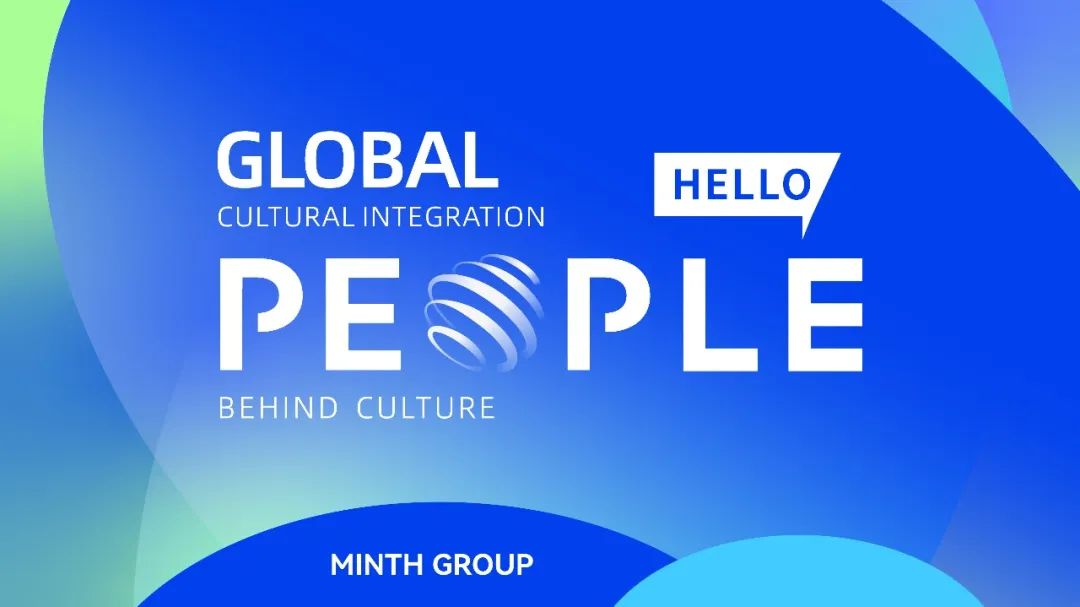

Diversity
Equity
Inclusion
NO.4
EFFECTIVE COMMUNICATION
– Team Cultural Integration Workshop

On August 22nd 2024, the first workshop for improving effective communication was organized in Loznica, MAE plant by HR Manager Zorica Širgić and L&D and EHP supervisor Sandra Pešić. Employees from China and Serbia actively participated in this workshop sharing their experiences and practicing important soft skill – assertive communication.

Leader's Speaking
Mr. Ken Wang, General Manager of MAE, Loznica, also participated in the workshop and as opening part highlighted the importance of recognizing cultural differences, stating: “We are aware of differences between Chinese and Serbian cultures, and usually those differences have impact on daily work interactions. For instance, there was a situation where a Chinese colleague's way of expressing something was perceived differently by Serbian colleagues—it was seen as abrupt and unfriendly from the Serbian perspective, even though it was considered quite normal in the Chinese context. This highlights the importance of soft skills, especially communication, for our management team, to foster mutual understanding and find a balanced approach that respects both sides.”
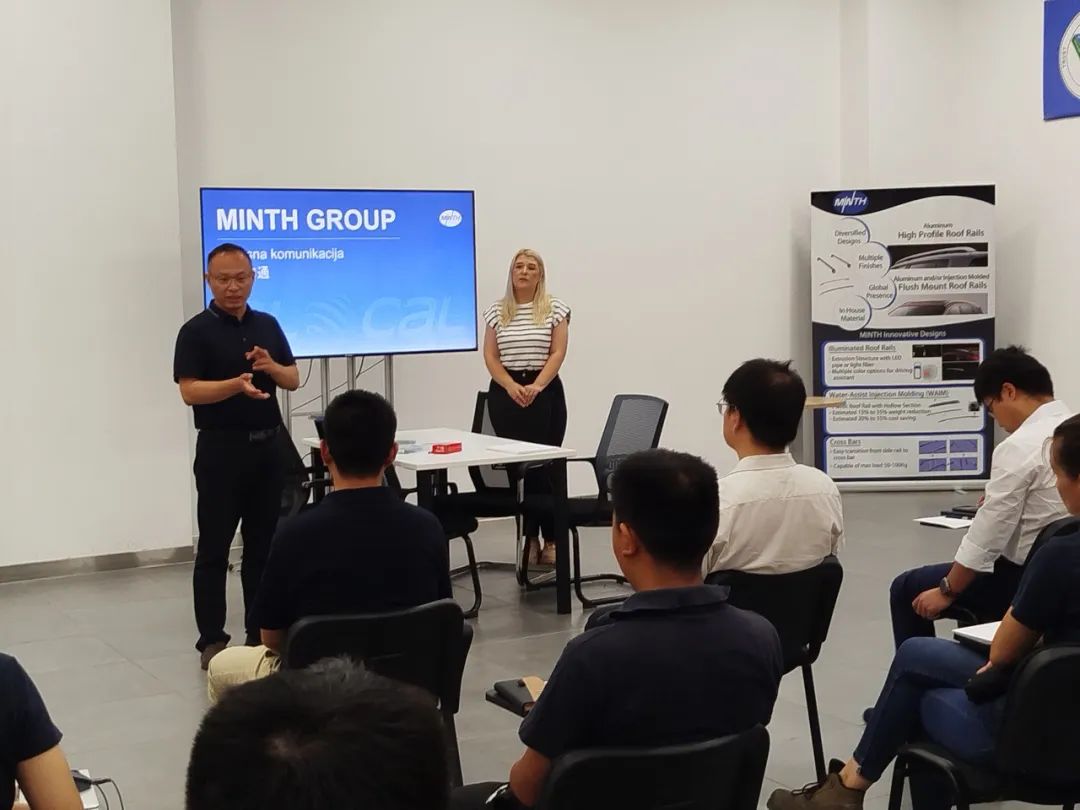



About Communication
Workshop was focused on learning, practicing and sharing experiences about different communication styles. In first part, participants learned what communication is and shared their opinions what are the important elements of good and effective communication. Some colleagues agreed that for effective communication is really important to be clear, understandable, talk with respect, face to face and if something is not clear enough we should ask additional questions. On the other side, some colleagues said that active listening is the most important part of communication, as well respect, understanding and asking additional question. They also mentioned importance of compassion and non-verbal part of communication.
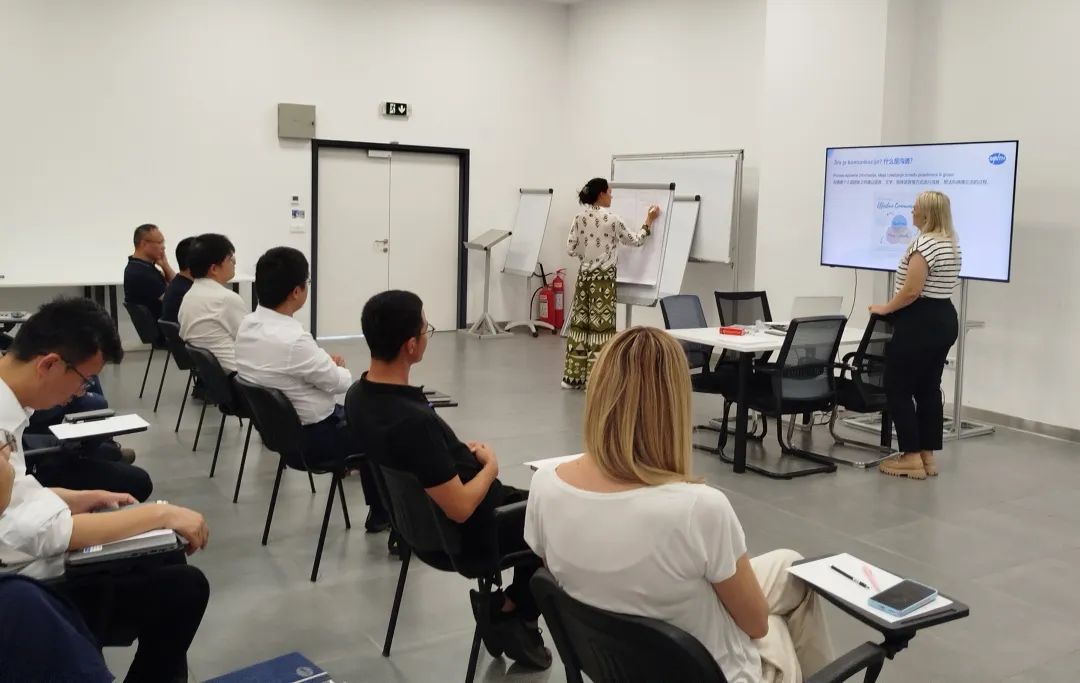

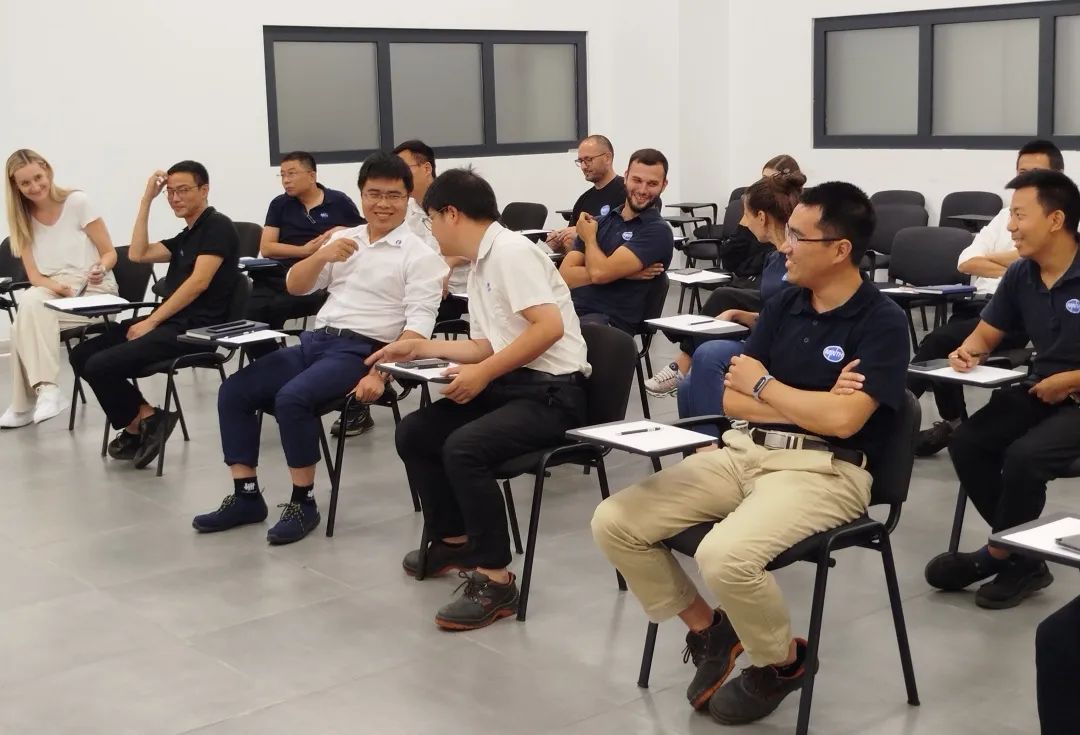

In second part of workshop they learned about different communication styles, and focus was on assertive communication. All participants had a chance to practice through simulation situations how to communicate in assertive way when they want to request something or when interlocutor is angry.
Firstly, both Serbian and Chinese colleagues, practice how to communicate in assertive way when they want to request employees to work overtime in case of emergency on the production line. Production Manager in MAE B3, Jiang Bole, practiced this through 5 steps of assertive way, and Ljubiša Pavlović, MAE B3/section 2 Production Supervisor and Aleksandar Ostojić, MAE B3/section 4 Production Supervisor, helped him about expressing “me” speech, that is not common in Chinese culture.
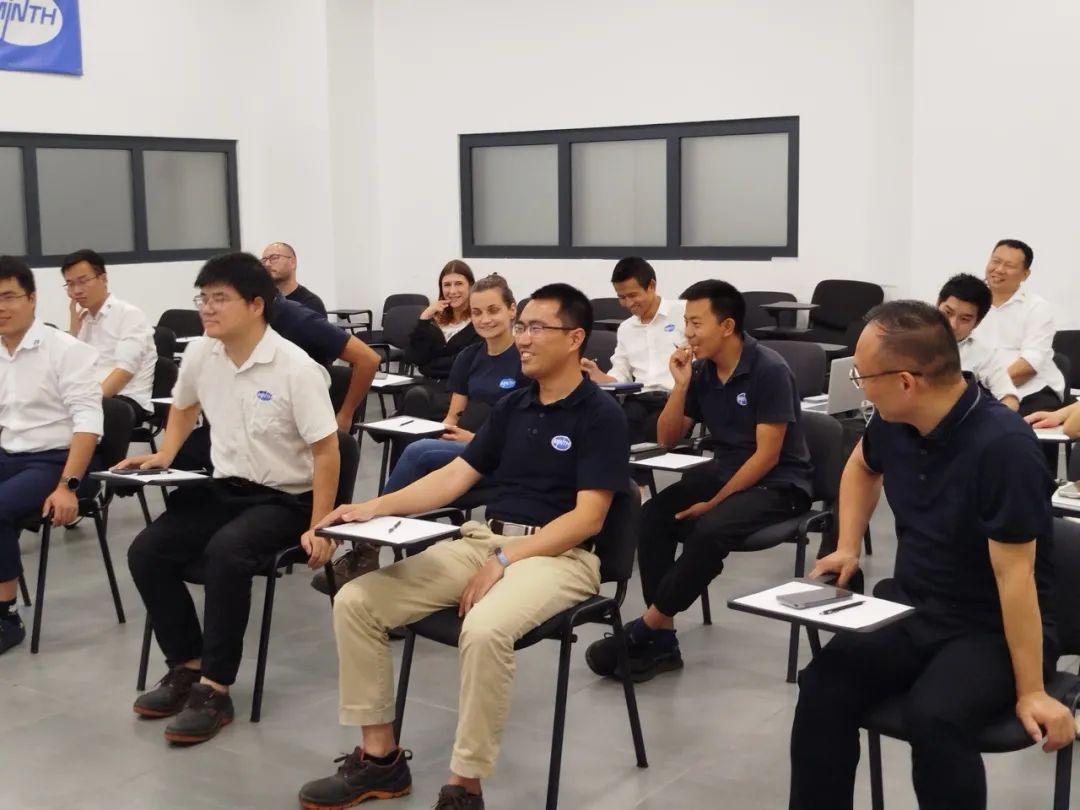



Practice and Sharing
After that, Ma Chunxu, Production Manager in MAE B1, practiced how to react in situations when very angry employee comes to quit.
In the beginning, he crossed arms with guessing what actually happened verbally. This defensive posture and speculative approach made the other person feel misunderstood and dismissed, leading to increased frustration. Then, he started to listen to other side, but repeating "Calm down" made the other person feel frustrated. For the last attempt, Ma kindly said that he understand that she is upset, and that he wants to listen to her and ask about her opinion. As we can see, to enhance listening skills and emotional empathy is essential to good communication.
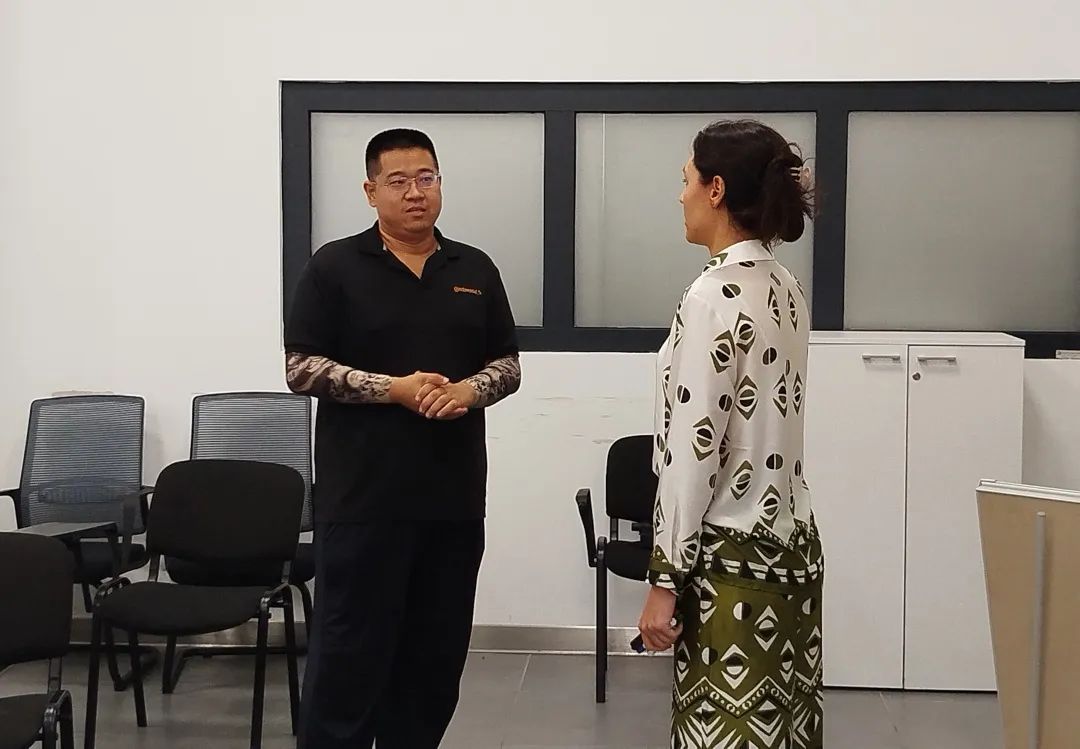

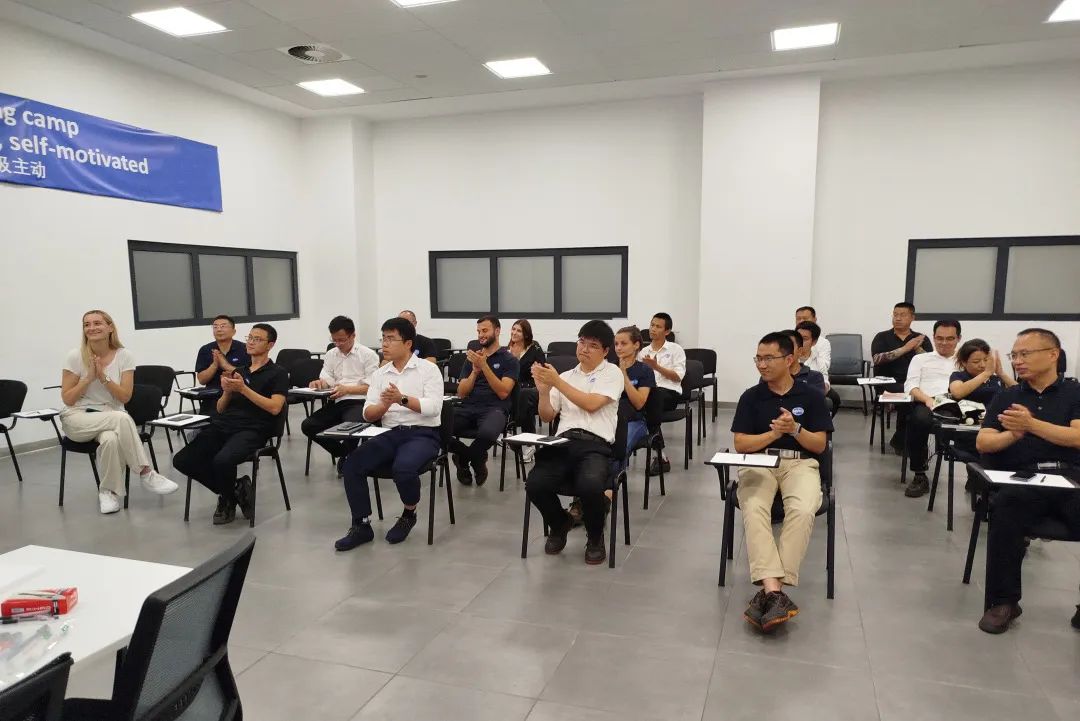

At the end of successful workshop, we conclude that this will be the first in a row of different workshops through which HR department will support all managers and supervisors from Minth Serbia in order to improve soft skills and to make business culture stronger.
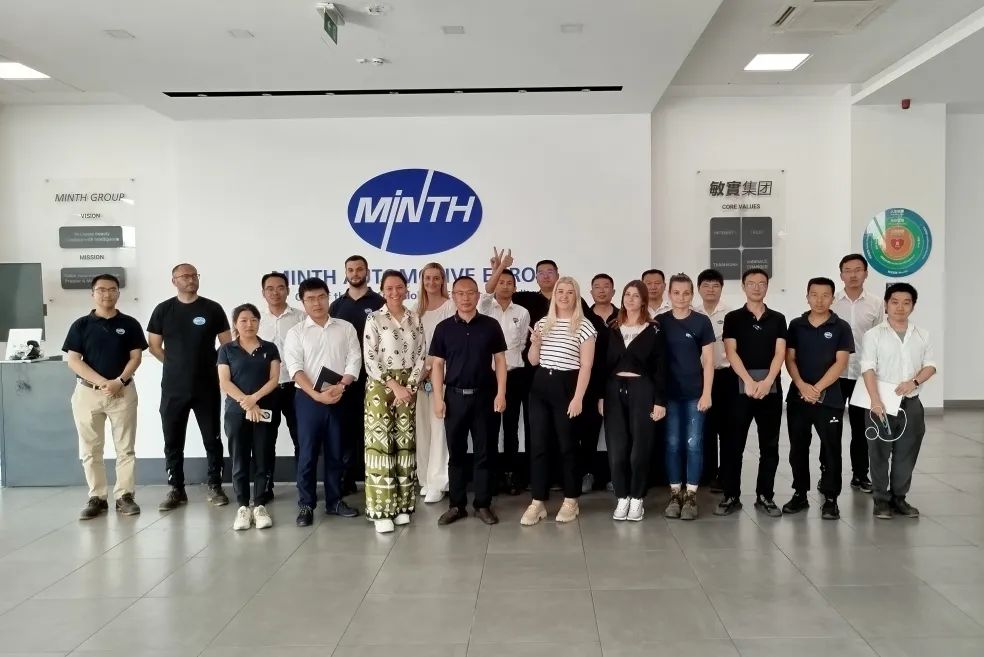

Aligned with our GLOCAL concept, we advocate for mutual listening and respect among team members, encouraging everyone to understand and embrace different communication styles. Through listening and understanding, we can not only enhance trust and collaboration but also uncover the unique advantages and innovative potential brought by multiculturalism. We firmly believe that each intersection and interaction of cultures presents an opportunity for us to achieve sustainable development and global excellence .
Diversity Equity Inclusion
THE END
